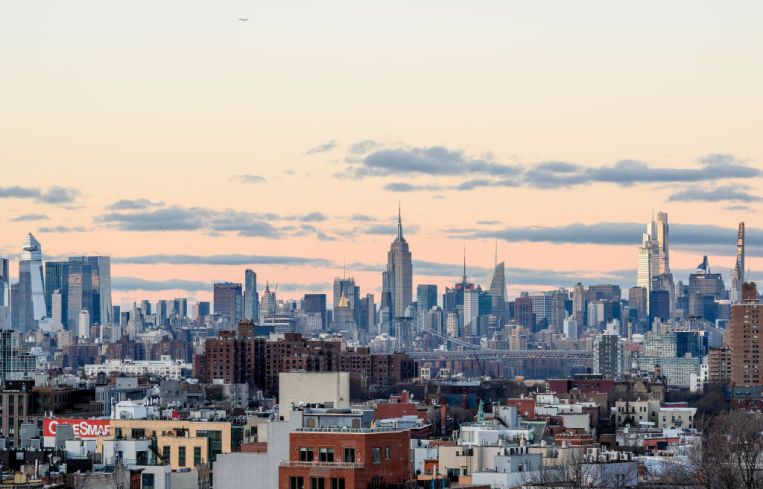Affordable Landlords Due $130M in Unpaid Back Rent
By Rebecca Baird-Remba December 20, 2023 4:47 pm
reprints
Tenants in affordable rental buildings across New York City owe an estimated $130 million in unpaid back rent, putting them at risk of homelessness and landlords at risk of foreclosure, according to a new analysis from the New York Housing Conference (NYHC).
The nonprofit group, which represents affordable housing owners and managers, surveyed owners of 52,000 units in the five boroughs and found that tenants in 34 percent of units — or 17,888 apartments — owe more than two months of rent. Those households owe nearly $130 million, or $7,260 on average per family.
Eight percent of renters owe more than $10,000, with households in that group owing $23,600 in back rent on average.
NYHC conducted a similar survey in March, and found that a slightly lower share of households — 31 percent — were behind on rent but owed a higher average amount of $9,565.
“This level of arrears, combined with other rising costs and small increases in rents, was putting the financial stability of the buildings at risk,” NYHC noted in its report. “The average amount of arrears would lead to negative cash flow in a typical building.”
Roughly 19 percent of those tenants in arrears are involved in nonpayment eviction cases, highlighting the risk of losing their apartments for families who are behind on rent. Evicted renters often end up in the shelter system, where the city spends $60,000 annually to house a single adult and more than $100,000 annually to house a family, according to NYHC.
Brendan Cheney, the director of policy and operations for NYHC, argued that the city needs to be processing applications for rental assistance much more quickly if it wants to help landlords and tenants close the growing gap in back rent.
Cheney argued the best solution would be the city’s “One Shot Deal” program which can cover up to $20,000 in unpaid back rent for people in danger of being evicted.
The One Shot Deal is an emergency grant from the New York City Human Resources Administration that can help cover housing expenses for those exiting the shelter system for permanent housing, or for families at risk of eviction, facing a utility turn-off, or who need financial help because of a fire, domestic violence or another crisis that affects their ability to pay rent.
“There’s currently a several-month-long backlog in processing One Shot benefits, and that’s delaying getting the arrears paid for affordable housing,” Cheney said. “If applications for One Shots were being processed on a timely basis, we’d see more arrears getting processed in a timely fashion.”
There’s also been an increase of rejections in One Shot payments, with the Gothamist finding the New York City Department of Social Services (DSS), which handles the program, rejecting two-thirds of the 50,585 applications it got for the program last year. The rate almost doubled compared to five years ago, according to the Gothamist.
Ultimately, Cheney pointed out that DSS was still understaffed compared to before the pandemic.
DSS had 13 percent fewer staff in September than they did before the pandemic, according to Cheney. In September — the most recent month for which data is available — the agency employed 10,942 people, down from 12,428 people in December 2019. There were nearly 1,600 fewer people at the agency than before the pandemic.
To top it all off, Mayor Eric Adams has instituted budget cuts of 15 percent across the board and a hiring freeze, making it more challenging for city agencies to fill much-needed case manager jobs that handle benefits applications.
“The hiring freeze and cuts could make the process [of clearing the backlog] even slower,” said Cheney.
He added that Section 8 and its local equivalent, the City Family Homelessness and Eviction Prevention Supplement, could help fill the hole in arrears if the city is able to process applications for those vouchers.
The city still has a backlog of tens of thousands of applications for public benefits, which it promised in June would be cleared by December then increased that in August to March 2024, according to NYHC.
Rebecca Baird-Remba can be reached at rbairdremba@commercialobserver.com.



